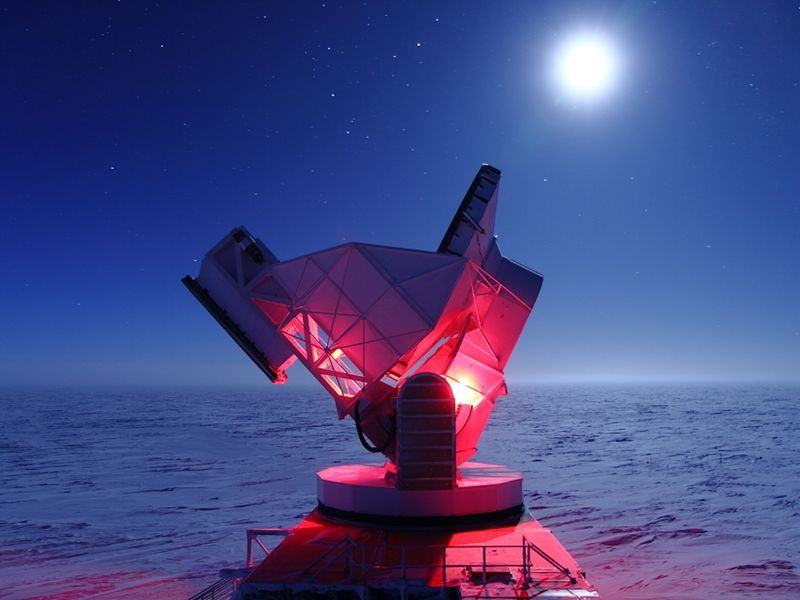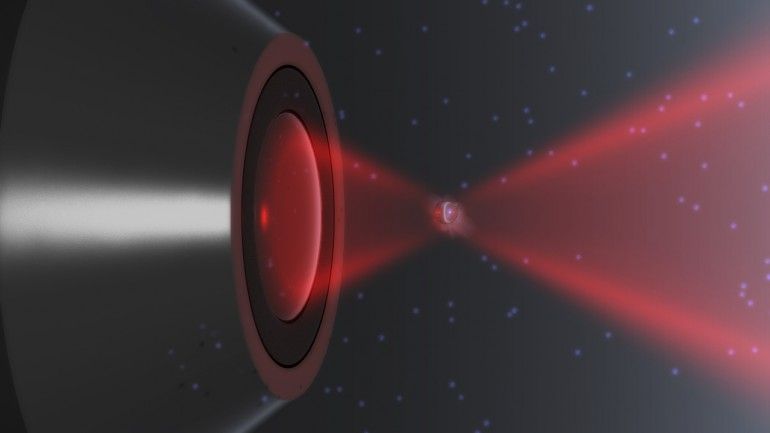May 3, 2014
White Swan’s Pandora Versus Cassandra Predictions! By Mr. Andres Agostini
Posted by Andres Agostini in categories: big data, biological, complex systems, computing, economics, education, ethics, existential risks, finance, futurism
White Swan’s Pandora Versus Cassandra Predictions! By Mr. Andres Agostini at https://lifeboat.com/blog/2014/04/white-swan
Cassandra: What is going to happen in the World as per the Euro-Asian superpower?
Pandora: First, we have Cold War II and a Preconditions of a Global War of Trade and Commerce in place. Second: Let us hope that switches to ascertain M.A.D. are never turned on.
Continue reading “White Swan's Pandora Versus Cassandra Predictions! By Mr. Andres Agostini” »




 Jason Dorrier — Singularity Hub
Jason Dorrier — Singularity Hub









